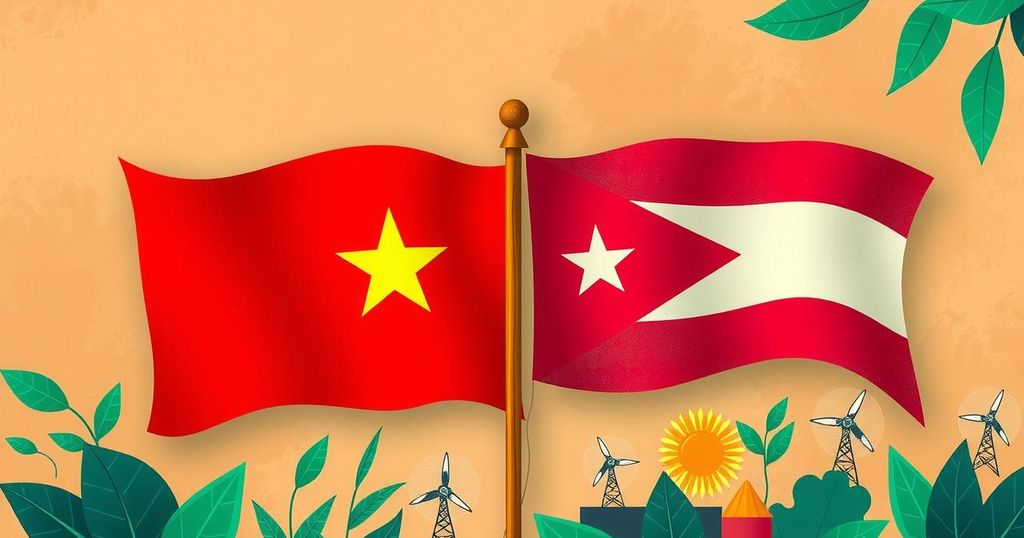Global news
AFRICA, AFRICA PROGRAM, BUKAVU, CENTER FOR STRATEGIC AND INTERNATIONAL STUDIES, CFR, CIVIL WAR, CONGO, CONGO (KINSHASA), DEMOCRATIC FORCES FOR THE LIBERATION OF RWANDA, DEMOCRATIC REPUBLIC OF THE CONGO, FDLR, HUMAN RIGHTS, HUMANITARIAN, JAMES M. LINDSAY, JIM, MILITARY, MVEMBA, MVEMBA DIZOLELE MVEMBA DIZOLELE, MVEMBA PHEZO DIZOLELE, RWANDA, SECURITY
Fatima Khan
0 Comments
Insight into the Renewed Conflict in Eastern Congo: A Conversation with Mvemba Dizolele
This article discusses the renewed conflict in Eastern Congo, emphasizing the resurgence of the M23 rebel group backed by Rwanda. Significant highlights include the humanitarian impact of recent fighting, the financial motives underlying the conflict, and the challenges to effective resolution through political or military means. The situation remains dire with ongoing violence and displacement.
The conflict in Eastern Congo has intensified due to the resurgence of the M23 rebel group, backed by Rwanda, reigniting long-standing issues related to ethnic rivalries, access to mineral wealth, and political representation. A recent conversation between Jim Lindsay and Mvemba Phezo Dizolele, a notable expert on African affairs, highlighted this alarming situation.
The M23 has recently captured significant cities, Goma and Bukavu, contributing to a severe humanitarian crisis. Rwandan intervention, with thousands of troops aiding the M23, intensifies fighting against the Democratic Republic of the Congo’s government and various insurgent groups. Dizolele noted the conflict has resulted in approximately six million deaths since 1996 and the current violence has already claimed 7,000 lives amid immense displacement.
Beyond ethnic tensions, financial motivations are pivotal in the ongoing strife. The M23 emerged in response to alleged government collusion with Hutu groups and has legitimacy issues derived from the poverty and resource exploitation in eastern Congo. The conflict is fueled by the lucrative mineral resources in the region, essential to global industries. Discrepancies have also emerged regarding the European Union’s mineral trade agreement with Rwanda, raising concerns about resource exploitation from Congo.
Efforts to resolve the conflict through political negotiations or military means appear bleak. The Congolese government’s incapacity to address internal grievances and the inefficacy of prolonged UN peacekeeping efforts highlight the challenges facing conflict resolution. Divisions among regional powers systematically undermine mediation attempts, indicating that sustainable peace in Eastern Congo may remain elusive, as M23 lacks internal allies within the country.
In conclusion, the ongoing conflict in Eastern Congo is a deeply rooted issue fueled by both ethnic disputes and significant financial interests tied to mineral wealth. The M23’s resurgence has exacerbated the humanitarian crisis, and attempts at conflict resolution face considerable obstacles due to political fragmentation and ineffective international intervention. Achieving lasting peace in the region remains a complex challenge with no immediate resolution in sight.
Original Source: www.cfr.org




Post Comment